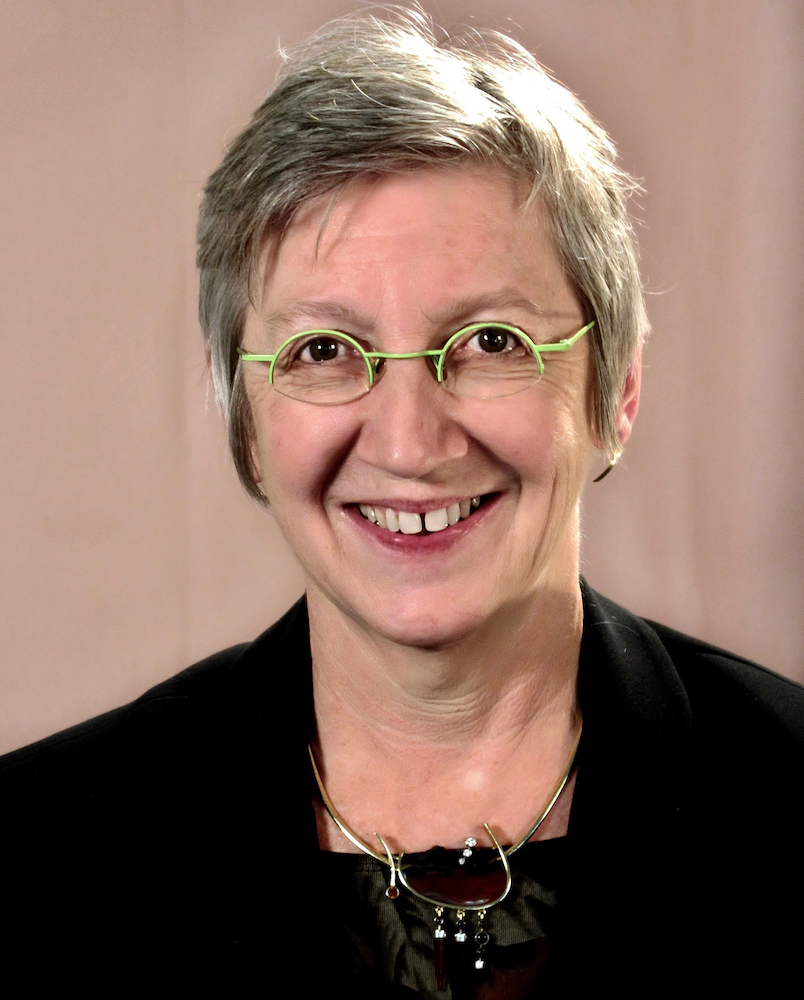Dr. Lynda Geller
psychologist

Dr. Lynda Geller
psychologist
Dr. Geller is a clinical psychologist specializing in Autism Spectrum Disorder and the unique challenges it presents in both individual struggle and public perception. Having worked most of her professional career at various medical schools with this population, she founded Spectrum Services, a group of professionals dedicated to providing individualized services to children and adults on the autism spectrum.
When children are undiagnosed and untreated, their outcome is severely affected and, as they enter adulthood the contrast between intellect and social understanding can be to bewildering to others. Among the goals of Spectrum Services are understanding difficult diagnoses, developing individualized services, and providing an understanding of the condition and its very significant impacts to the individual and his or her world.
Dr. Geller currently works primarily to assist in legal cases where the defendant is on the autism spectrum to elucidate for prosecutors and judges the unique aspects of these conditions and the effects on cognition, competency, culpability, and social understanding that may result. She evaluates individuals who have been charged with criminal behavior to explain how their autistic characteristics affected their understanding of their behavior and provides expert testimony. She has worked on cases as diverse as stock fraud, internet trolling, child pornography, and underage sexting.
Autism
- Ron Kurtz
Trauma
- Peter Levine

